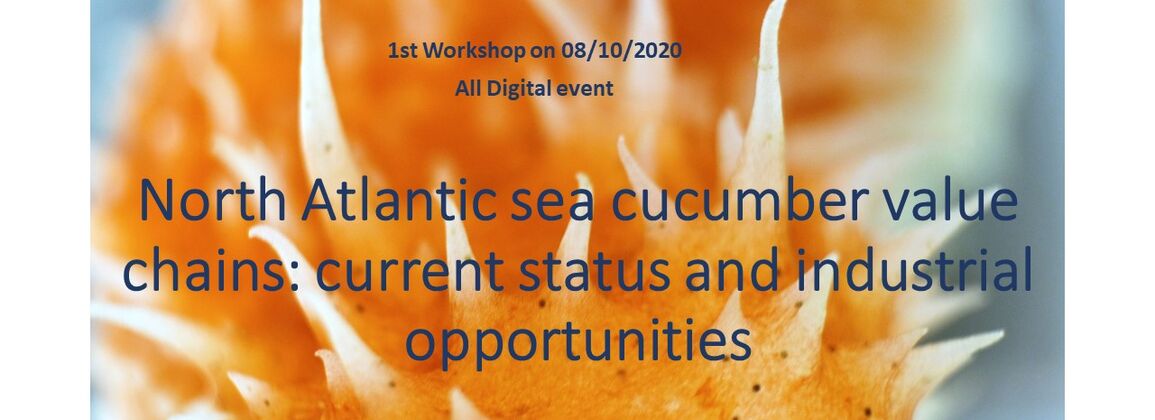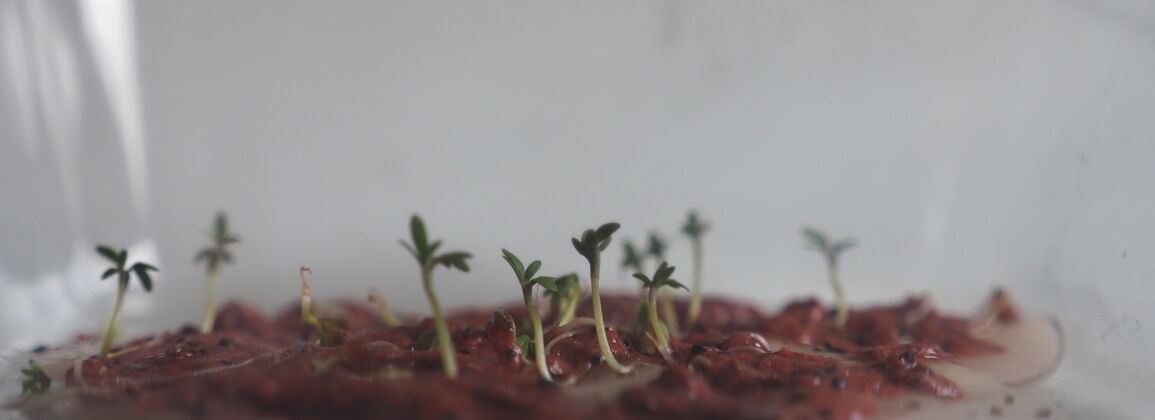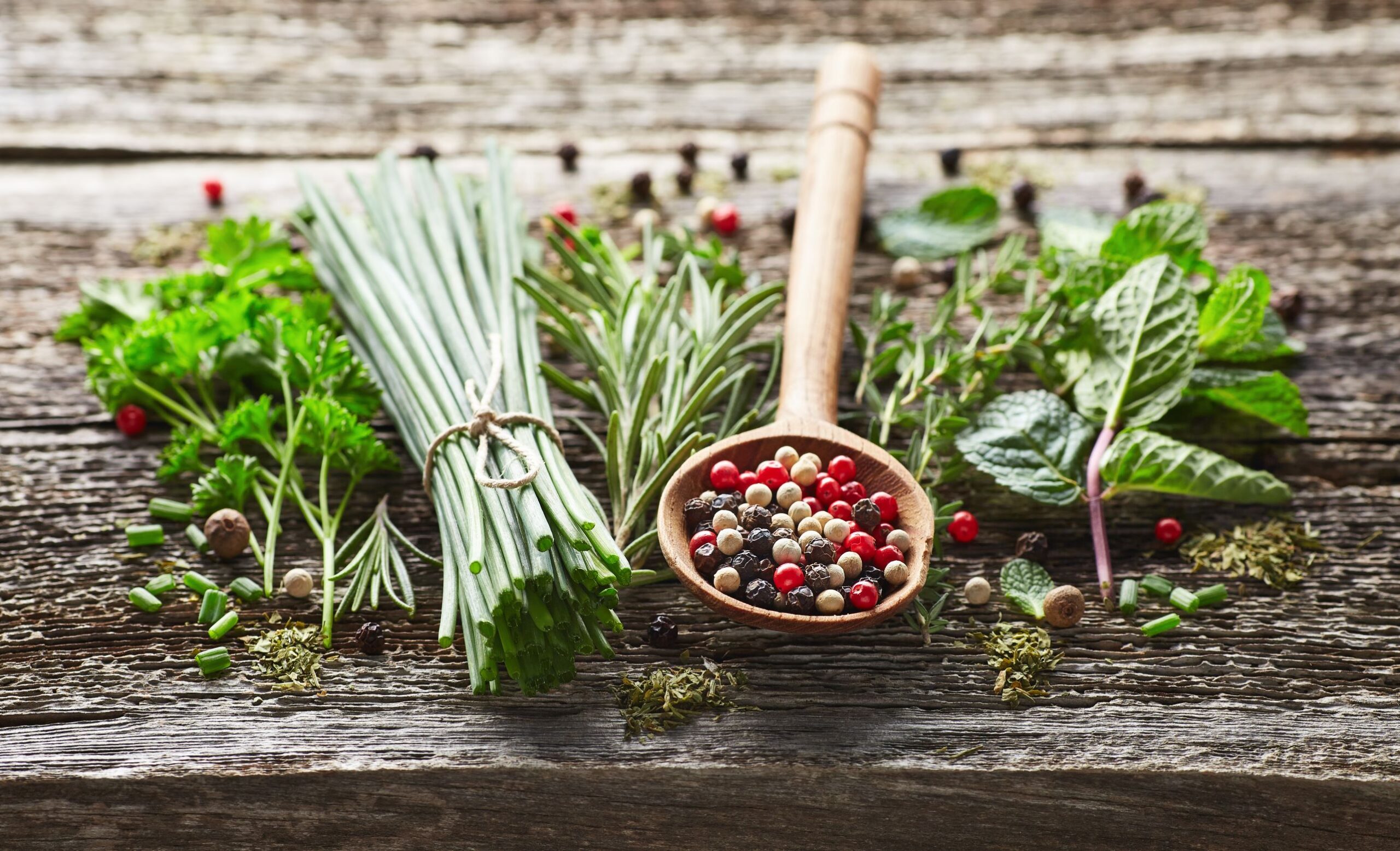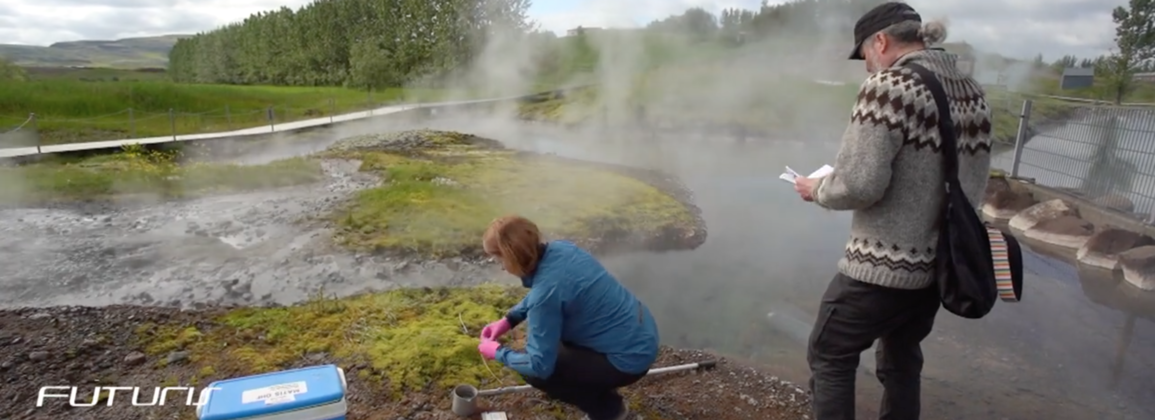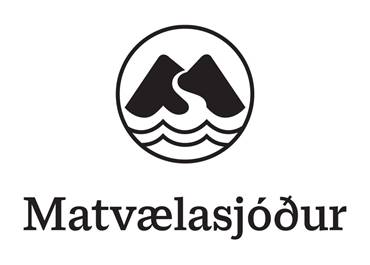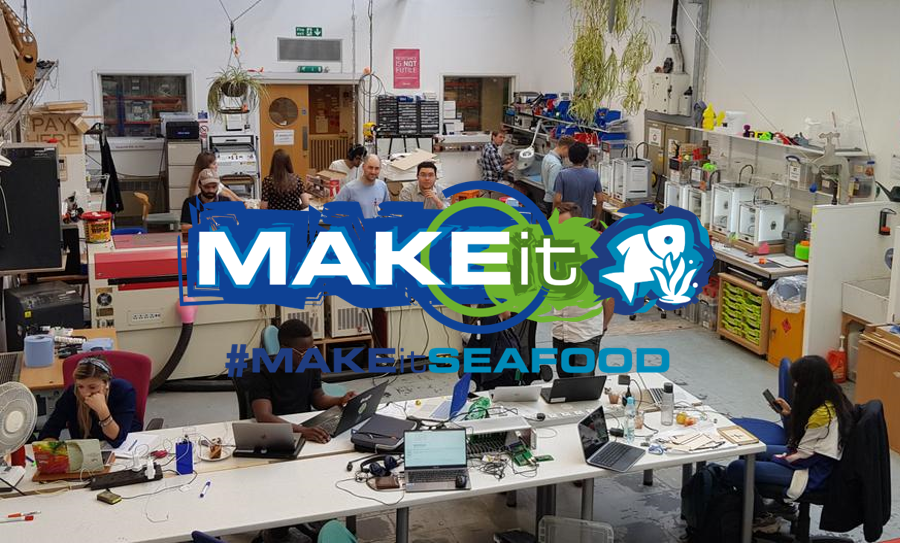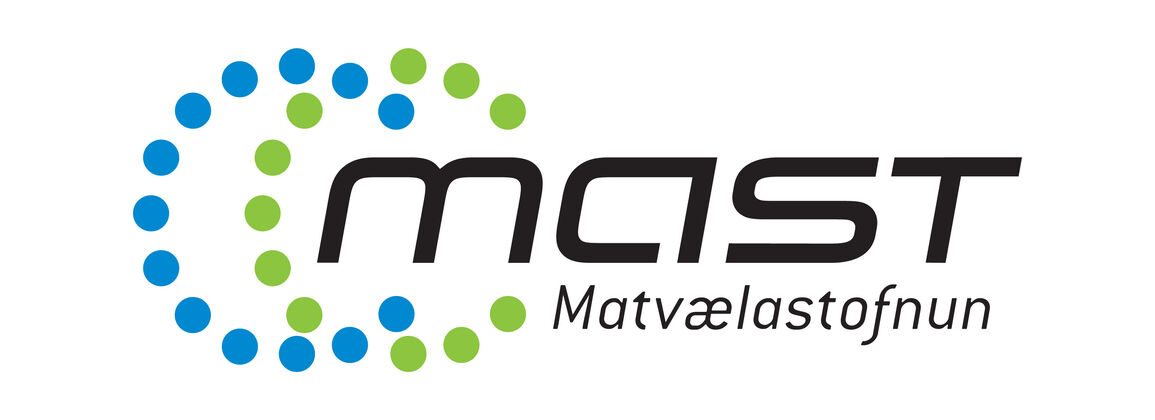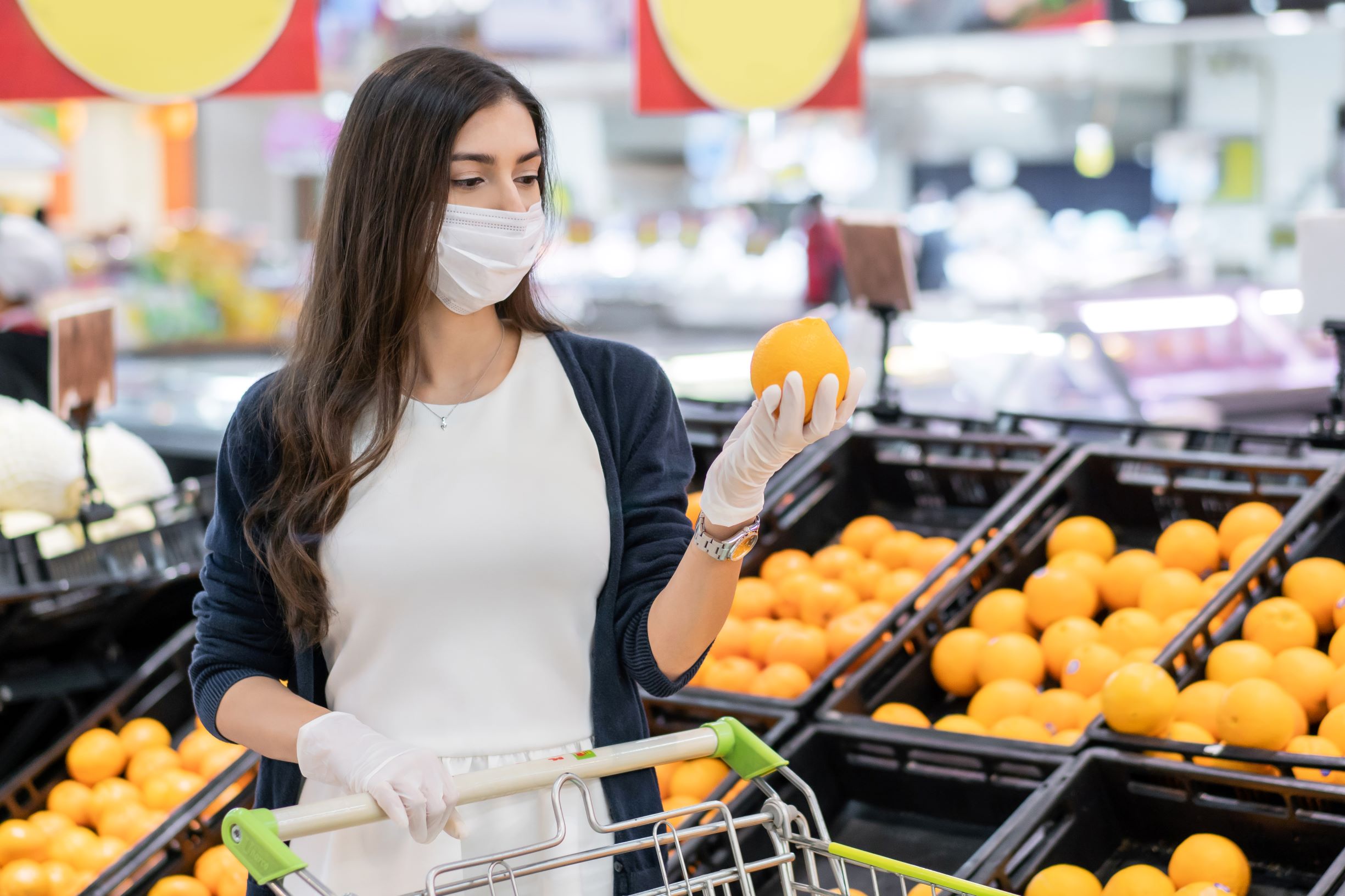Workshop on the value chains of sea urchins in the North Atlantic
Á fimmtudaginn (8. október) verður haldin alþjóðleg vinnustofa um sæbjúgu á vegum norræna samstarfsverkefnisins Holosustain. Matís sér um skipulagningu vinnustofunnar sem […]
Workshop on the value chains of sea urchins in the North Atlantic Nánar »
